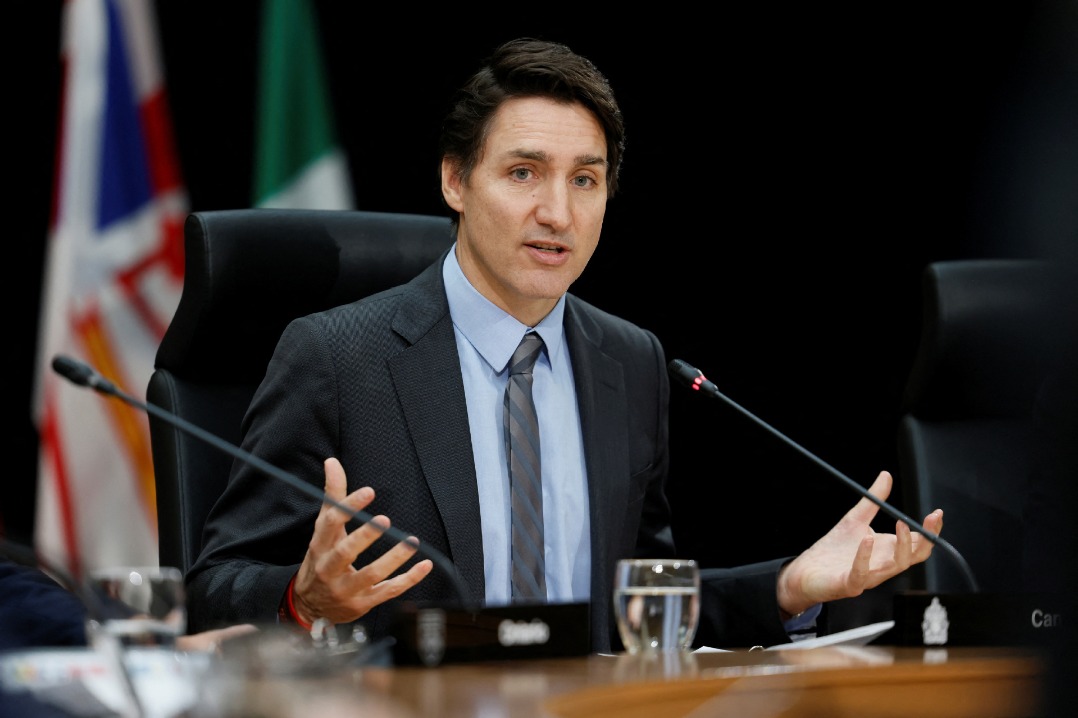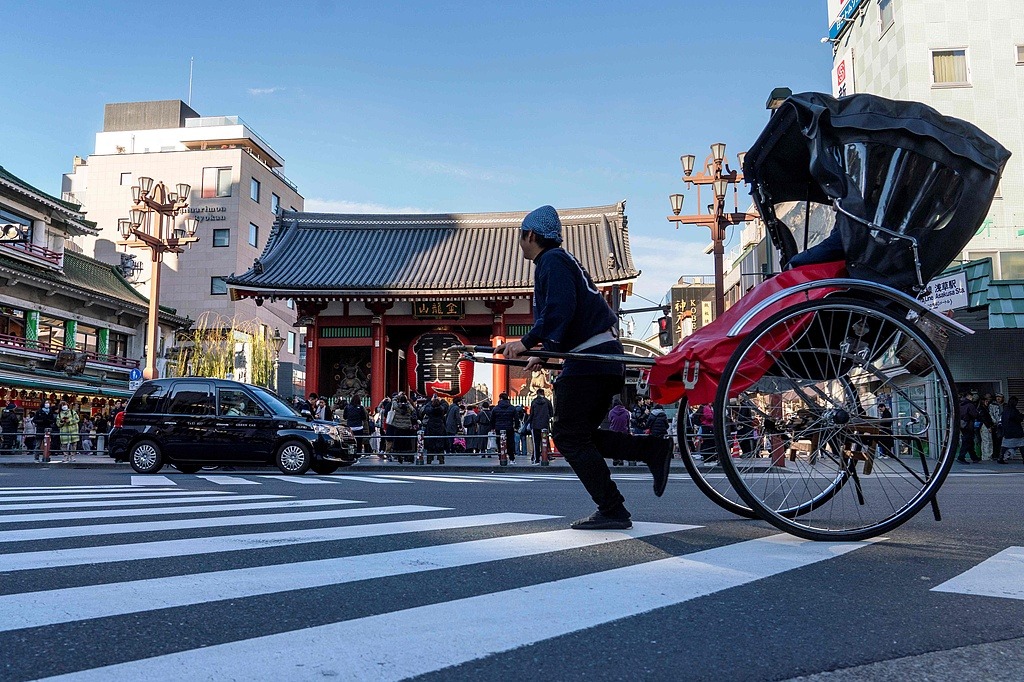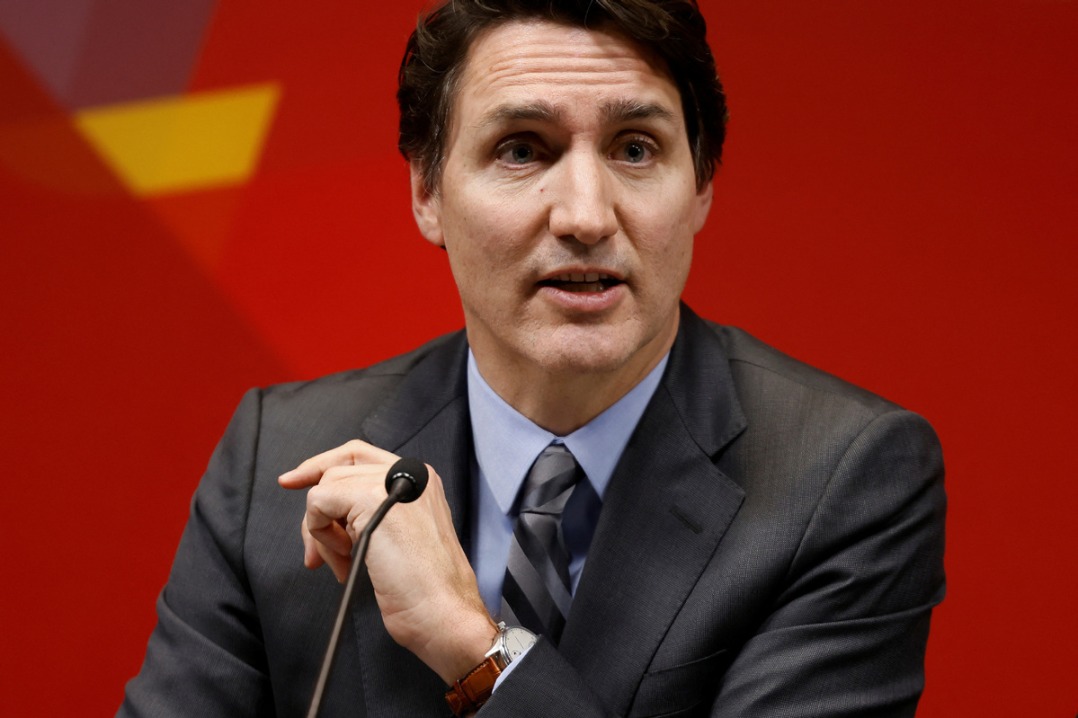States deciding on when inmates should get coronavirus vaccines


As Americans get in line for the COVID-19 vaccine, state governments and health officials are dealing with whether jail and prison inmates should be a priority to get vaccinated.
Many argue that those who break the law shouldn't be prioritized when so many others are vulnerable to the virus.
In most states, prisoners aren't near the front line for initial doses of the vaccine now being distributed.
The federal prison system — one of the first government agencies to receive the vaccine — plans to administer initial vaccines to staff, not inmates, according to documents obtained by The Associated Press.
On Wednesday, more than two dozen members of Congress called on federal prison and health officials for details about how inmates will be vaccinated, questioning whether the most vulnerable prisoners will have priority access.
America's jails and prisons have become coronavirus hot spots. Incarcerated individuals are almost four times more likely to become infected than people in the general population — and twice as likely to die, according to a study by the National Commission on COVID-19 and Criminal Justice.
Inmates are at high risk from the disease because of close confinement and limited access to personal protective equipment.
As of the last week in November, the Bureau of Prisons reported there were 3,624 federal inmates and 1,225 staff members who have tested positive for the coronavirus.
In other jails and prisons in the US, more than 249,000 inmates have tested positive and nearly 1,700 have died from COVID-19.
"Prisoners are among the very highest-risk groups for contracting COVID-19. The conditions of confinement make social distancing and proper hygiene and sanitation nearly impossible," David Patton, the head of the federal defender office in New York, told the AP in November.
"The government should certainly prioritize prison staff, but to not also prioritize the people incarcerated is irresponsible and inhumane."
California, North Carolina, Delaware, Utah, New Mexico, Montana, Connecticut, Massachusetts, Maryland, Nebraska and Utah have decided that corrections staff and inmates will be among the earliest vaccine recipients, according to a joint project by The Associated Press and the Marshall Project, a nonprofit news organization covering the US criminal justice system.
Four states with the highest number of coronavirus cases among inmates – Texas, Florida, Michigan and Wisconsin – didn't include details about how they would prioritize prisoners in their October draft reports to the Centers for Disease Control and Prevention, according to the AP.
Some states have decided to reduce COVID-19 in jails and prisons by releasing nonviolent offenders early.
Colorado had inmates in the second phase of vaccine distribution, set for the spring, behind health workers and first responders but ahead of other adults over age 65 with health conditions. Prisoners were to be treated like others in group housing, including homeless shelters and college dorms.
But Denver prosecutor George Brauchler said the plan would have allowed two men convicted of killing the son of 66-year-old state Senator Rhonda Fields to be vaccinated before her.
"The people who murdered her son would get it before she would," Brauchler said.
"There's no way it's going to go to prisoners before it goes to the people who haven't committed any crime," Democratic Governor Jared Polis Polis, who changed the plan, told Fox News on Dec 2.
Some inmates who have died from the virus have neither been tried nor convicted. According to a reported released by researchers at the University of Texas at Austin in November, 80 percent of inmates in Texas who have died from COVID-19 were never convicted.































